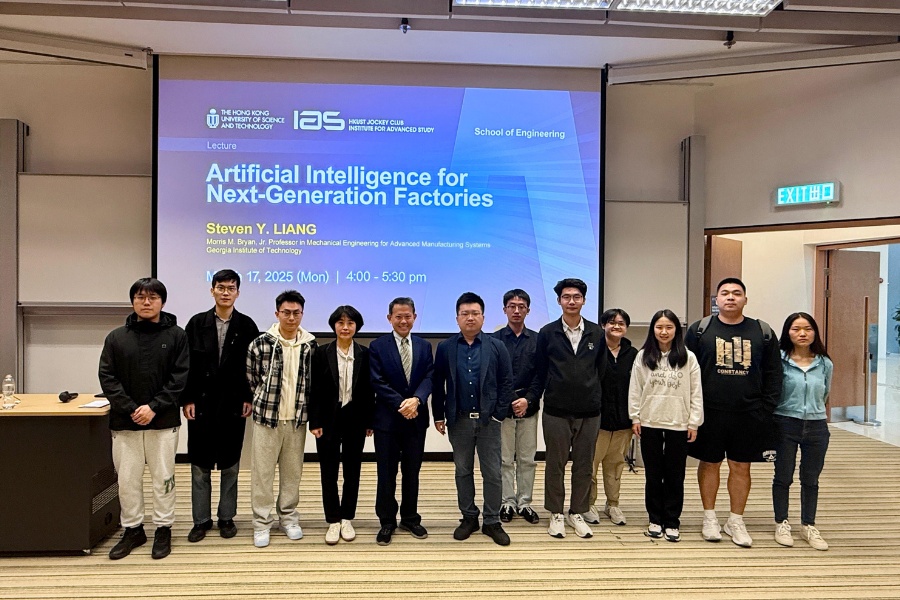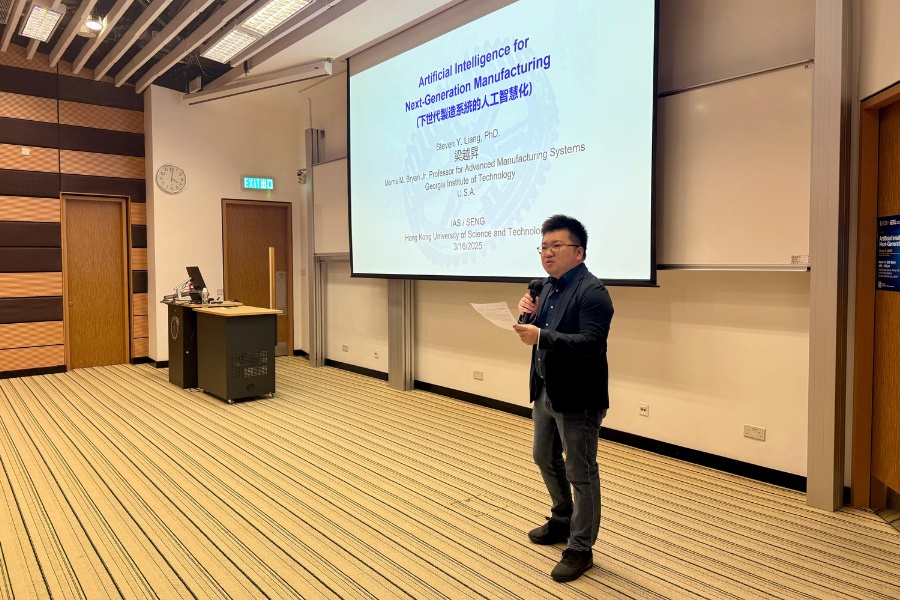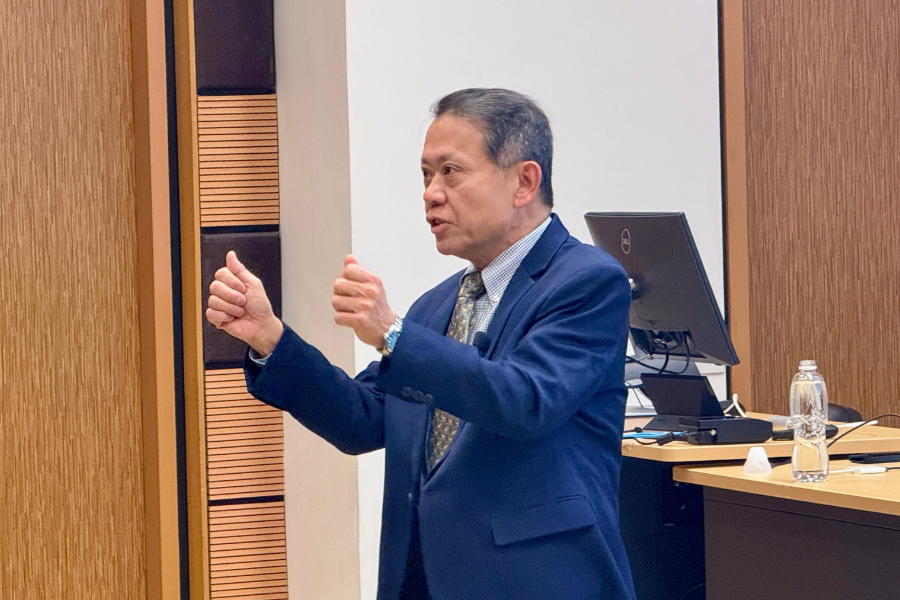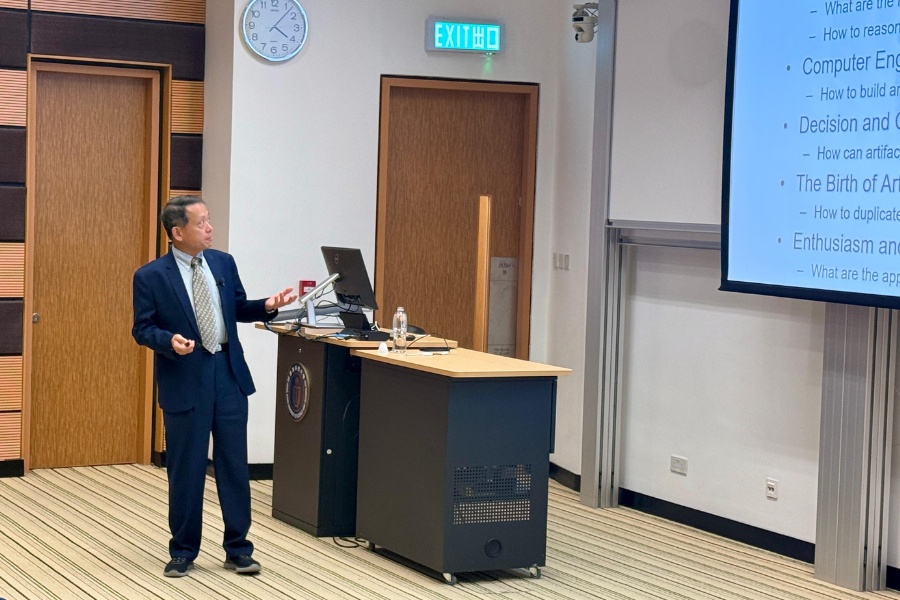Artificial Intelligence for Next-Generation Factories
Abstract
Manufacturing factories, in a continuously pursuit of productivity and quality, are often challenged by unexpected complexities in the production systems. These are the occasions when traditional manufacturing paradigms underperform due to human operator’s limitations on handling uncertainties, complexities, big data volume, and time urgencies. The recent advance of AI technology is strategically positioned to deliver superior performance over traditional manufacturing by virtue of autonomous analyzing, learning, prediction, and decision making so as to apprehend uncertainties and complexities, and enhance quality, cost, and efficiency. Unlike traditional manufacturing, AI-driven manufacturing systems store and analyze large volume of phenomenological observations to propel higher productivity and cut time-to-market. This presentation is to provide a longitudinal perspective on various aspects of recent achievements in the utilization of design, scheduling, maintenance, and control. Concepts, requirements, applications, and methodologies are elaborated along with their limitations and pitfalls. It also presents futuristic views on the nature of AI technology and how it can further thrust the competitiveness of next-generation factories.
About the Speaker
Prof. Steven Y. LIANG obtained his PhD in Mechanical Engineering from the University of California, Berkeley in 1987. He joined the Georgia Institute of Technology in 1990 as an Assistant Professor, having previously held a similar position at Oklahoma State University. In 2005, he was appointed to the Bryan Professorship and is currently the Morris M. Bryan, Jr. Professor in Mechanical Engineering for Advanced Manufacturing Systems in the George W. Woodruff School of Mechanical Engineering at Georgia Tech.
Prof. Liang’s research interests include modeling, monitoring, and control of precision machining and additive manufacturing processes and systems. He has served as President of the North American Manufacturing Research Institution of the Society of Manufacturing Engineers (SME), Chair of the Manufacturing Engineering Division of the American Society of Mechanical Engineers (ASME), and President of Walsin-Lihwa Corporation, a multinational manufacturing enterprise of USD 6+ billion yearly revenue with 35,000 employees. He currently holds the position of Technical Editor for the International Journal of Precision Engineering and Manufacturing and Editor-in-Chief of the Journal of Manufacturing and Materials Processing.
Prof. Liang has received numerous accolades, including the Robert B. Douglas Outstanding Young Manufacturing Engineer Award from SME (1991), the Ralph R. Teetor Educational Award from the Society of Automotive Engineers (1995), the Blackall Machine Tool and Gage Award from ASME (2005), the Outstanding Service Award from ASME (2007), the Milton C. Shaw Manufacturing Research Medal from ASME (2016), the Most Influential Professor in Smart Manufacturing from SME (2020), and the Gold Medal from SME (2021). He is also a Fellow of ASME, SME, and the International Academy of Engineering and Technology.
For Attendees' Attention
Seating is on a first come, first served basis.






